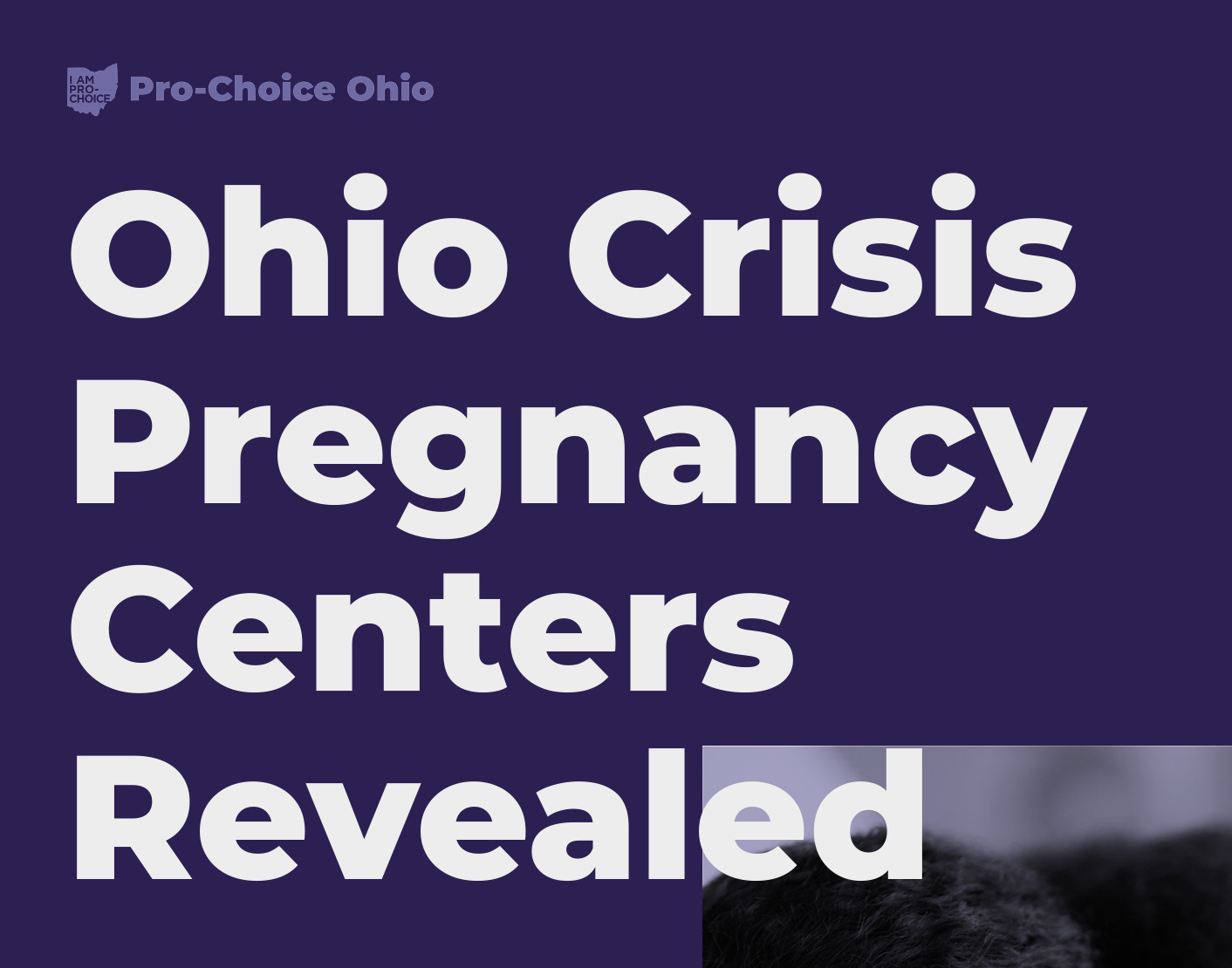New report shows CPC activity in Ohio
The investigation revealed how centers operate and who staffs them
The Columbus City Council in Ohio recently commissioned a report that studied the presence and abundance of crisis pregnancy centers in the community and their effect on reproductive care.
The Ohio Capital Journal published the report and its findings on its website on Tuesday. Research for this report was conducted between January and August of 2023. The research began with identifying all of the CPCs operating in Columbus.. The centers were identified through web-based research and anti-abortion websites like Ohio Right to Life and Optionline. Through this search, they identified 10 CPCs operating in Columbus.
The research was divided into three prongs: background research into the finances, websites, social media, and advertisement practices of the facilities; phone calls and in-person visits to the facilities using a pre-determined scenario/ script; and public information gathering via two community meetings — one in person and one virtual, along with an online story collection form that was advertised on social media.
Background research was conducted on each of the 10 CPCs in Columbus. Their websites were examined for affiliations, topics/issues addressed, and services offered. They also examined whether these centers were listed on city government referral websites and pulled organizational 990 documents from www.Guidestar. com to look into where the funding for these facilities comes from, including whether or not the facility receives state funding for its services.
They also got public records from the Ohio Department of Job and Family Services for CPCs in Columbus that receive state funding via the Ohio Parenting and Pregnancy Program to examine how much funding the centers received and what the funding was used for at the facility. Equity Forward initially obtained these public records, and permission was granted to use them in this report.
Following the background gathering, research investigators were hired and trained to conduct in-person investigations and phone calls to the facilities. Investigators were trained on various scenarios — how to conduct the visits and fill out data report forms for each visit and call. Separate data report forms were created for in-person visits, and four scenarios were used for the phone calls.
They found during their visits that staff at six centers informed the investigator that their information would be kept confidential. Still, only three centers had the investigator sign paperwork about the confidentiality of their information.
All the staff and volunteers their investigators encountered in the centers were female, and their ages ranged from young to older/retired. However, the majority of the individuals at the center were middle-aged.
Investigators felt pressure to choose to continue their pregnancy from CPC personnel at three facilities and no pressure at the remaining five facilities. In six CPCs, the staff had a reaction to the choice when the investigator indicated they were leaning towards abortion. In three cases, they attempted to change the investigator’s mind. In two instances, they respected the investigator’s decision, and in one, they were openly hostile to the investigator’s decision.
CPC representatives sometimes discussed adoption, but it was separate from the central conversation. In most cases, when adoption was discussed, investigators said that it was mentioned as an option, but the conversation didn’t go much further than that. Adoption was more commonly brought up without the investigator asking.




